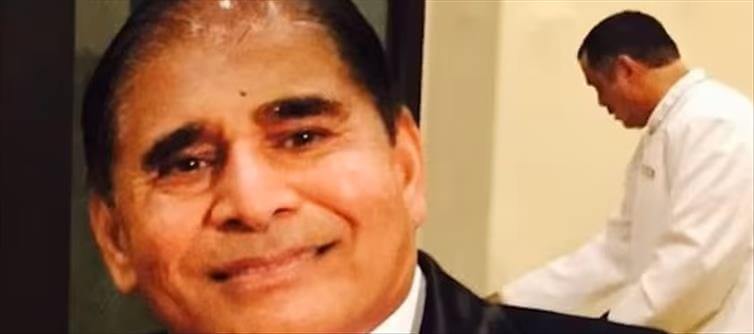
"Bleak house got its moniker since there was no money at the end of the book. Here, that is not the case. One of the lawyers for chetan and Rajesh Jogani was mentioned in the paper as saying, "There are billions here that remain to be distributed."
The Jogani brothers, who originated in Gujarat, amassed wealth via their involvement in the international diamond trade, operating in Europe, Africa, North America, and the Middle East. According to a complaint he filed in 2003, Shashikant Jogani established his company in the gem industry and real estate portfolio after moving to california in 1969.
When real estate saw losses during the crisis in the early 1990s, Shashikant Jogani enlisted his brothers as business partners. According to his lawsuit, Haresh Jogani terminated the partnership, "forcibly removed" his brother from running the company, and withheld his compensation.
Shashikant Jogani's lawsuit states that this happened after the company went on a buying binge, resulting in the construction of a portfolio consisting of almost 17,000 flat units.
Haresh Jogani, however, argued that his siblings could not prove they were in a partnership with him in the absence of a formal contract. However, Haresh was deemed to have broken an oral contract by the Los Angeles court. The juror was informed through testimony that oral agreements are common in the Gujarati society as well as in the diamond trade.
According to Bloomberg, the legal representative for Shashikant Jogani said that spoken commitments are legally as binding as written ones.




 click and follow Indiaherald WhatsApp channel
click and follow Indiaherald WhatsApp channel